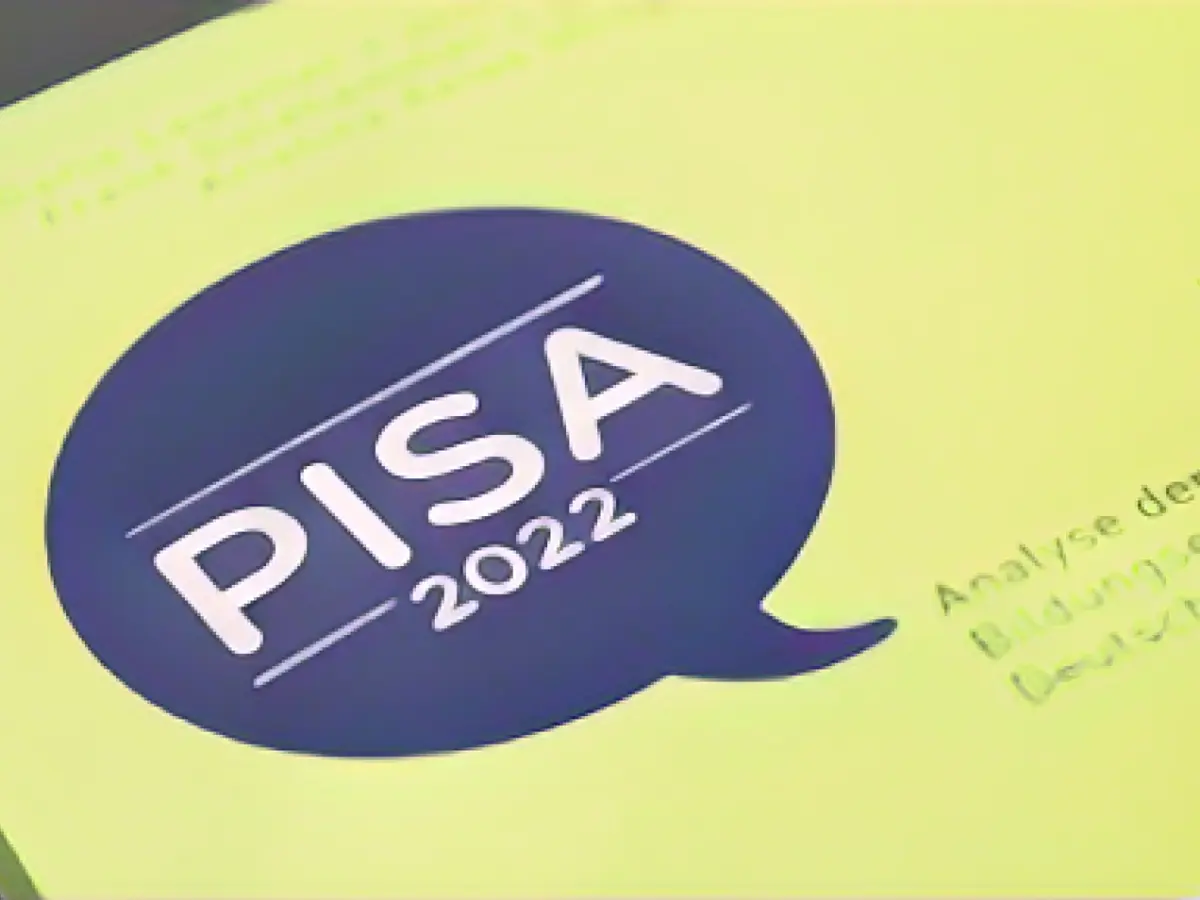Education and the Pisa Study: Lingual Overlook in Families, According to Weil
Lower Saxony's Minister President Stephan Weil has expressed his belief that the poor PISA results are partly due to the difficulties faced by many families. He frequently encounters stories of households with TVs on continuously but little communication or shared meals. "A great deal of language development takes place through simple conversations," Weil pointed out to the German Press Agency on Wednesday.
Many children, not just those from immigrant families, require language support, according to Weil. The state is increasingly tasked with offsetting the lack of positive family environments. "Unfortunately, though, this compensation is rarely as effective as it could be in real families," Weil lamented.
Weil was not shocked by the PISA results, even amidst the ongoing coronavirus pandemic. He observed that the impact on young people's development and academic achievement is one of the downsides of the pandemic-induced anti-corona measures.
However, schools and daycare centers are making significant strides in mitigating the situation. For instance, they're implementing early childhood support programs. "We'll continue working to ensure there are more individuals who choose a career in a crèche or daycare center," Weil pledged. He also mentioned that teachers at primary, secondary, and intermediate schools would receive higher pay starting from the next school year.
In 2022, German pupils' performance ranked as the poorest ever in the international Pisa performance study. Germany recorded its lowest scores ever in reading, mathematics, and science in the Pisa study. Across Germany, 257 schools participated in the study, among which 26 were from Lower Saxony. State-level data is yet unavailable.
Fostering Bilingualism
Linguistic support at home plays a significant role in influencing students' language proficiency, a critical aspect of PISA assessments. According to OECD research, having immigrant students in schools positively affects overall performance, meaning that language support can be a key factor for these learners.
In an effort to improve the linguistic landscape within families, here are some general strategies that could be employed:
- Language Education for Parents: Implementing language education programs for parents can strengthen the family's language environment.
- Parental Involvement: Encouraging and supporting parents' involvement in their children's education can promote better language skills.
- Multilingual Education and Support: Offering resources and support for multilingual families, such as bilingual classes or counseling sessions, can help ensure equal opportunities for all learners.
- Community Resources: Utilizing community resources like libraries, language exchange programs, and cultural events can provide additional language support and learning opportunities for families.
- Policy Initiatives: Governments might introduce policies such as financial incentives for language course enrollment or subsidies for learning materials.
Although specific information about Lower Saxony’s initiatives is lacking, these strategies can provide a framework for understanding the potential impact of language support in families on PISA scores and potential measures to address this issue.








